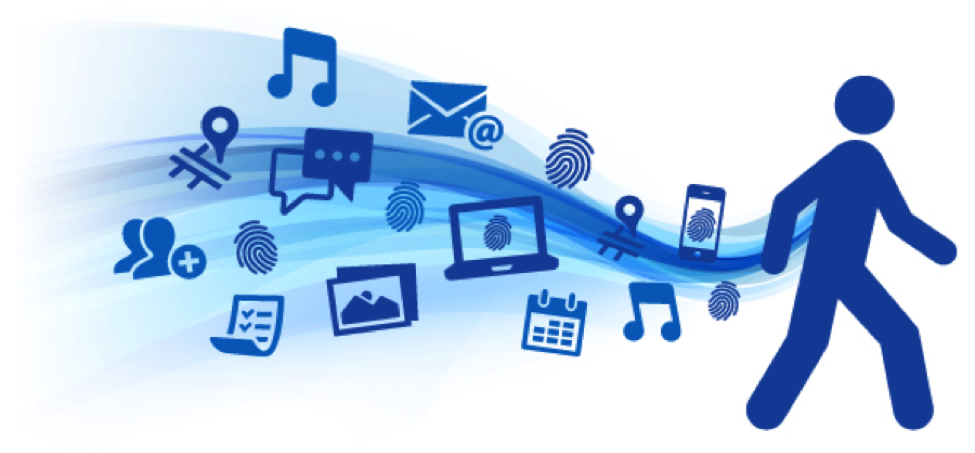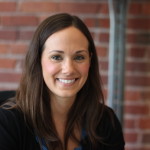Guest speaker Audrey Watters will share a talk entitled “Technology and Equity in the Classroom” on Tuesday, November 18 at 5:30 pm in Monroe 346 (reception begins at 5 pm).
Although we may attempt to control our digital identity, recent developments with #GamerGate point to the internet as a space of marginalization for some. What does it mean to be visible online as a woman, a person of color, an undocumented resident, a member of the queer community, or as someone who is some combination of the above? How can we honor the different hurdles that members of the UMW community face online and prepare ourselves to make informed decisions about whether, and how, to build our digital identities?
This event is co-sponsored by the following departments and centers: Art & Art History; Center for Teaching Excellent & Innovation; Classics, Philosophy, & Religion; Division of Teaching and Learning Technologies; English, Linguistics, & Communication; Geography; Historic Preservation; History & American Studies; James Farmer Multicultural Center; Sociology & Anthropology; UMW Speaking Center; and UMW Writing Center.
What: “Technology and Equity in the Classroom,” a talk by Audrey Watters
When: Tuesday, November 18, 5:30 pm (reception at 5 pm)
Where: Monroe 346



